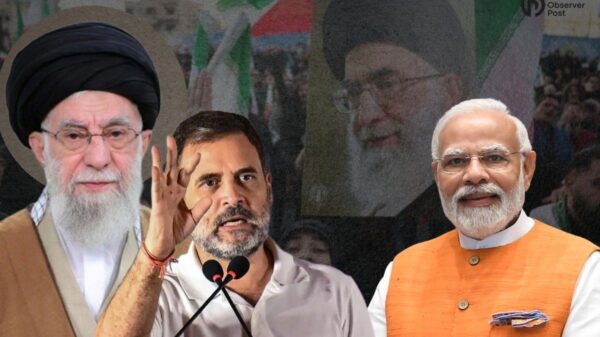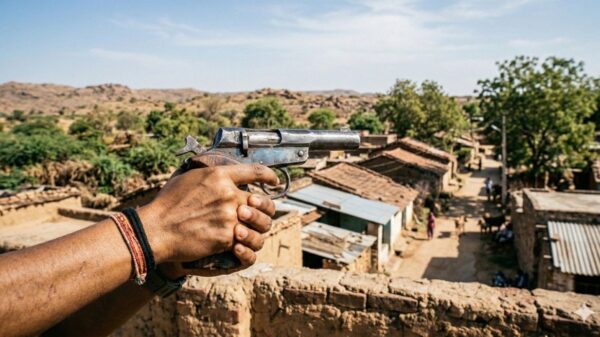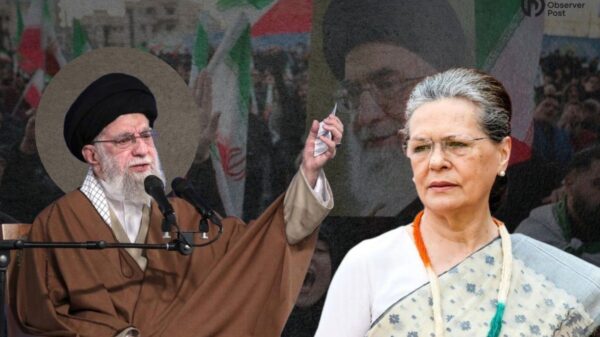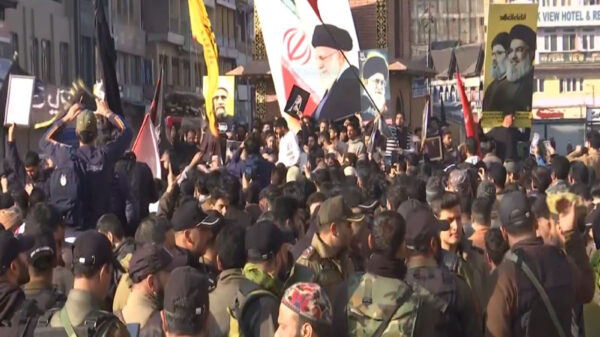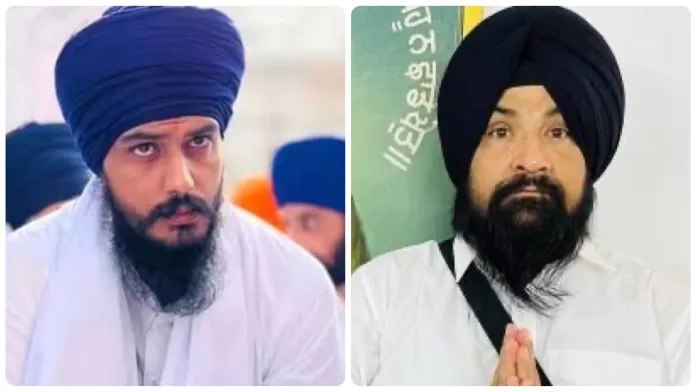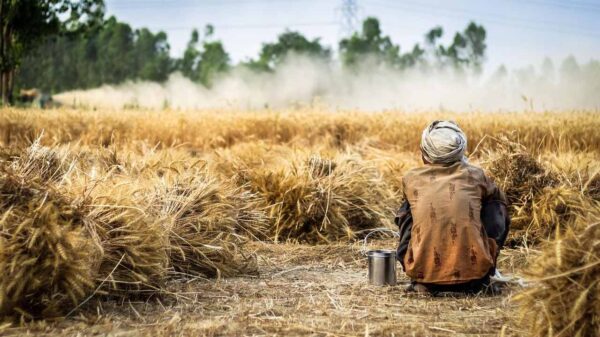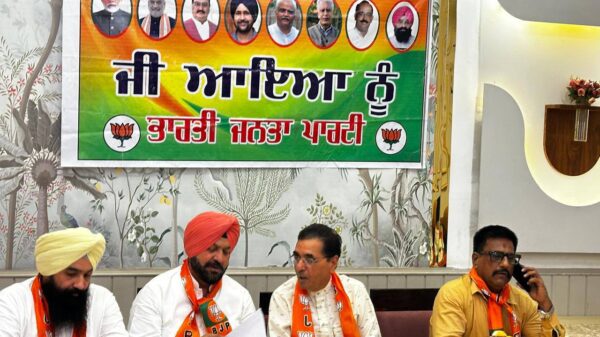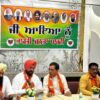Jailed Khalistani separatist Amritpal Singh defeated Congress candidate Kulbir Singh Zira in the Lok Sabha election for Punjab’s Khadoor Sahib constituency by a whopping margin of 1,97,120 votes, the Election Commission confirmed.
Jailed in Assam’s Dibrugarh jail under the preventive detention law known as the National Security Act (NSA), Singh, contested as an independent candidate, obtaining an enviable 4,04,430 votes, which left his opponents far behind in the race. The Aam Aadmi Party’s Laljit Singh Bhullar obtained 1,94,836 votes.
The prominent face of the ‘Waris Punjab De’ campaign, Singh represents a crusader against the drug menace in Punjab. He demanded the release of Sikh militants and the protection of the Sikh identity within India.
The Election Commission handed over Singh’s certificate of election to his family members, signifying his victory even as he remained physically far away from the poll fray. His campaign, which has been centred on his socio-economic issues and issues of history, clicked with a substantial section of the voters.
Singh’s victory is but part of a larger trend and mirror of the political landscape in Punjab, where past legacies and present challenges are meeting out voter behavior and, in turn, the electoral impact.
Sarabjeet Singh Khalsa, the son of an assassin of Prime Minister Indira Gandhi, has defeated AAP’s Karamjit Singh Anmol by 70,053 votes in the Faridkot constituency.
Khalsa won his first election after losing many, mainly riding his campaign on his narrative of lost youth due to his father’s actions, which many felt should not be visited upon his son.
The emergence of figures such as Amritpal Singh and Sarabjeet Singh Khalsa, experts say, indicates not only the expression of a separatist sentiment but also wider demands to address deep socio-economic grievances of the region. Their victories do herald winds of change in the political firmament of Punjab, with far-reaching consequences that go well beyond party lines.






